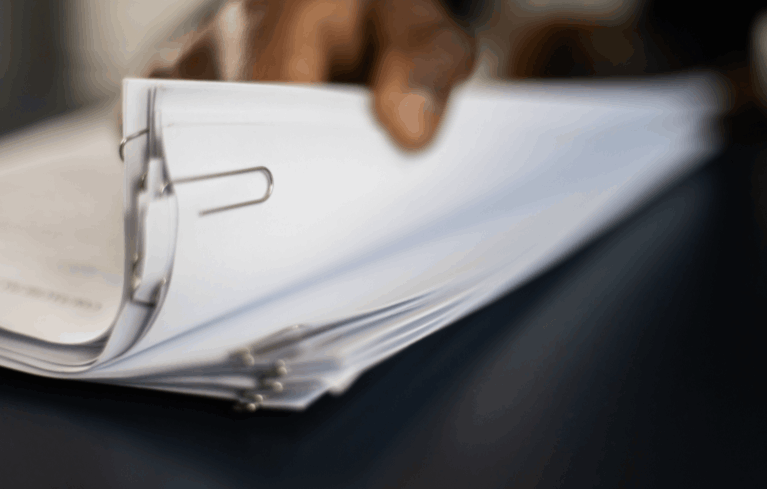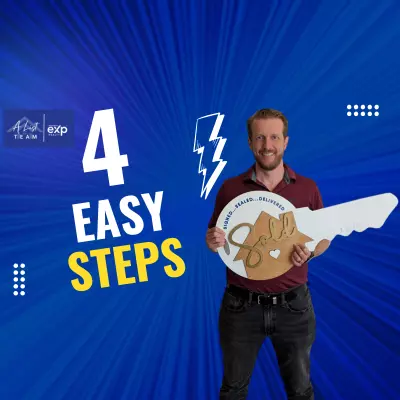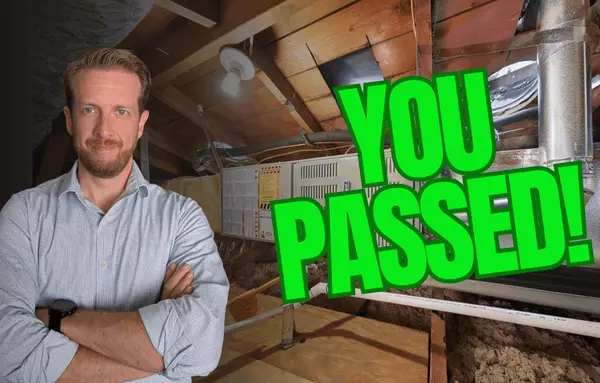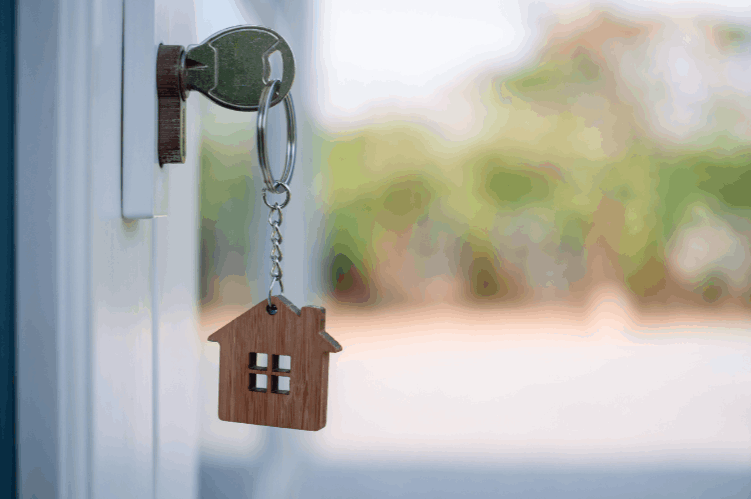What to Expect on Closing Day as a Buyer

What to Expect on Closing Day as a Buyer
Buying a home is an exciting journey, and closing day is the final step in making that dream a reality! If you're a buyer gearing up for this important day, here’s everything you need to know about what to expect, what to bring, and what to do immediately after closing.
Key Takeaways
- Understand the funding process, including wiring money or bringing a cashier's check.
- Know the essential documents to bring, including proof of identity and insurance.
- Be prepared for the steps that follow closing, such as setting up utilities and changing locks.
Pre-Closing Day Preparations
Before the big day arrives, there are several preparations to complete. Reviewing your closing disclosure is crucial. This document outlines the final terms of your loan and the costs associated with your purchase. Make sure you understand all the figures and ask questions if anything seems amiss.
Additionally, schedule a final walkthrough of the property. This is your last chance to ensure that everything is in order before you officially take ownership. Check for any repairs that may need to be addressed and confirm that the home is in the condition you expect.

What to Expect on Closing Day
On closing day, expect a straightforward process with three main steps:
1. Funding: Funding your purchase is a critical part of the closing process. You have two options: wire the funds ahead of time or bring a cashier's check. If you choose to wire the funds, ensure that this is done well in advance to avoid any last-minute issues. A cashier's check is another reliable option; you’ll need to get this from your bank and ensure it’s made out for the correct amount.
Remember to bring your personal checkbook as well. Occasionally, there may be minor discrepancies in the final amounts, and having your checkbook allows you to cover any last-minute adjustments. This will help you avoid delays and ensure a smooth closing experience.
2. Document Signing: You'll be signing a series of documents to transfer the deed and complete any loan requirements from your lender. All signed documents will be reviewed by the seller and sent to your lender for final approval.
3. Receiving Keys: Once the funding is confirmed, you'll receive the keys to your new home! Keep in mind that sometimes buyers and sellers close at different times, so there might be a wait after you sign your paperwork.
What to Bring to Closing
To ensure a smooth closing day, make sure to bring the following items:
- Photo ID: A valid driver's license, passport, or other government-issued ID is necessary to verify your identity.
- Funds: Be prepared with either a cashier's check or proof of funds wire transfer.
- Personal Checkbook: Bring your checkbook for any last-minute adjustments that might need to be covered with a small personal check.
- Proof of Insurance: You need to show that you have homeowners insurance in place.
- Closing Disclosure & Contract: It’s a good idea to have copies of these documents for reference during the signing process.
After Closing: Essential Tasks
Congratulations on your new home! But the work doesn't stop there. Here are six important tasks to take care of immediately after closing:
- Set Up Utilities: Ensure your water, gas, and electric services are turned on. Start by contacting your utility providers to schedule the activation of your services. Many companies allow you to set up your account online or over the phone. For water, it’s often possible to turn on your service remotely, but it’s wise to have someone check the property to avoid any surprises, such as a running faucet!
- Mail: There are two things you may need to do with mail:
- Forward Mail from Old Address:Visit the USPS website or your local post office to fill out the change of address form. There’s usually a small fee, typically around a dollar, to process this request. This service ensures that all mail sent to your old address is redirected to your new home. However, remember that this is a temporary solution. Make sure to update your address with banks, employers, and any subscription services to avoid missing important documents like W-2s once the forwarding period expires.
- Register Mailbox: If you do not have a mailbox in your front yard you will need to go to the nearest USPS and register a mailbox in your name. They will tell you where your mailbox is located and they will put in an order to rekey it for you.
- Change the Locks: For security, change the locks to your new home as soon as possible. This step is especially important if the previous owner had given keys to friends, family, or service personnel. By changing the locks, you’ll have peace of mind knowing who has access to your home.
- File for Homestead Exemption: In Texas, filing for a homestead exemption can save you money on property taxes. This process is straightforward and can often be done online or via mail for free. Ignore mailers offering to file your exemption for a fee! Simply visit your local appraisal district's website for the necessary forms and instructions. Submit your application before the deadline, usually by April 30, to ensure you receive the tax benefits for the current year. This small step can lead to significant savings on your property taxes.
- Update Driver's License & Vehicle Registration: Don’t forget to update these with your new address! Visit your local Department of Motor Vehicles (DMV) to update your address. Bring your new proof of address, such as a utility bill or lease agreement. This will ensure your driver’s license reflects your new Katy, TX address, which can be crucial for future transactions, including loans or other legal matters.
If you have any questions or need assistance as you navigate your closing journey, don’t hesitate to reach out to us! You can call us at 281-786-9899. We're here to help you every step of the way!
Categories
Recent Posts












